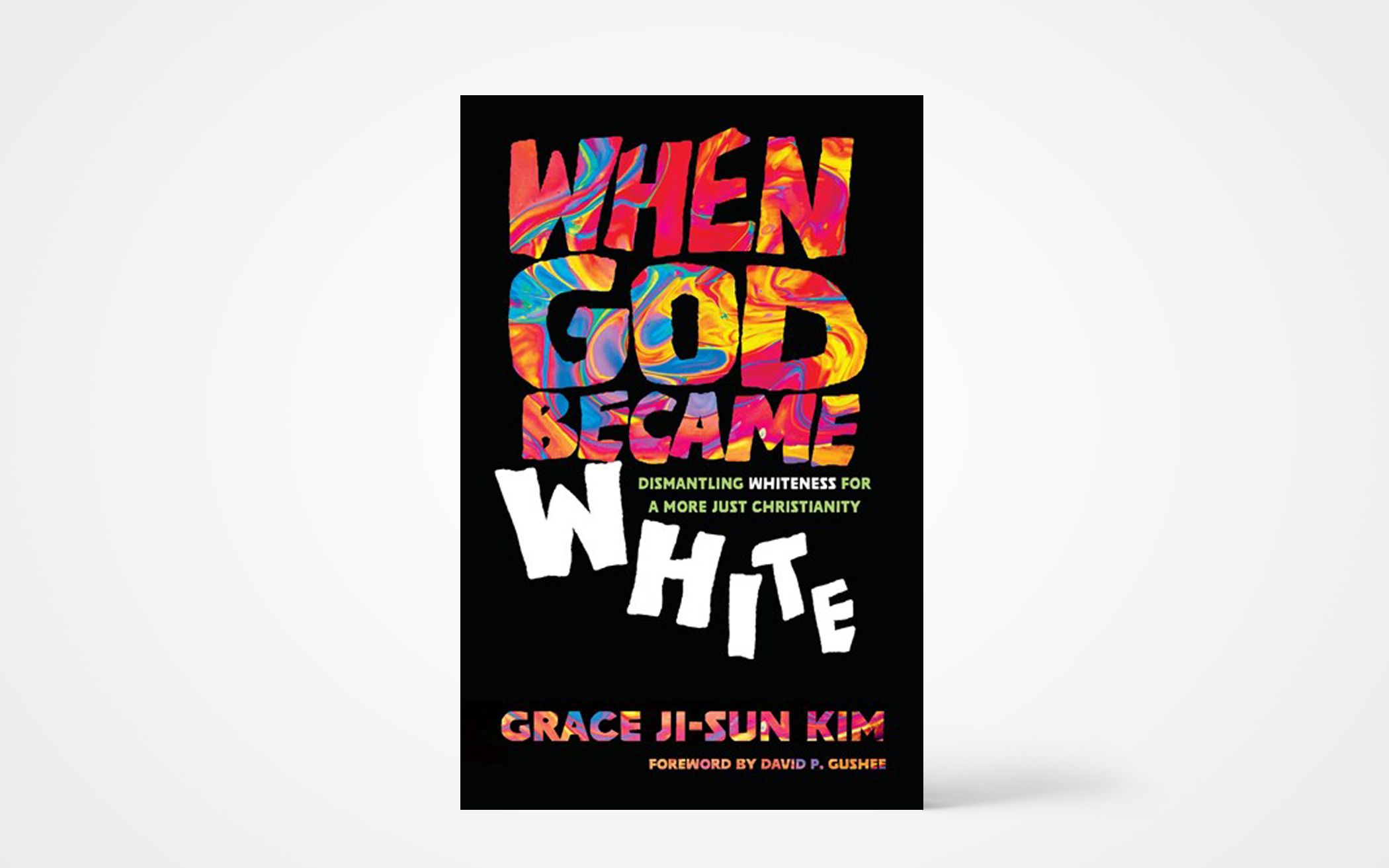This book by a Canadian-Korean theologian sets out to “unpack the origins of whiteness and its implications for the church, Christianity, and theology.” From her story of family immigration, becoming educated in a predominantly white school environment, and converting to Christianity at a white Christian church, author Kim witnessed a wide display of white identity and its privileges. She calls for a need to “renegotiate justice by making this privilege visible to everyone and dismantling it.”
In recent years, many theologians have published books to achieve a similar goal of reflecting on the white privilege of many Christian churches or their complicity in perpetuating systemic racism. What makes this book stand out is its critique on the power of white western missionaries to other parts of the world during the era of colonialism. Through evangelism and social reforms, they tried to mold many Asian societies into their likeness. Indigenous leaders and believers worshiped these missionaries because the latter group seemed to represent a higher civilization. Unknown to many Christians in the western world today, this colonialist view of missionary power and privilege still exists in some denominational mission-sending organizations, leading to unchecked power abuse.
Kim also dissects the harm of Christian nationalism, which has created great divisions in America as we know it. This distorted ideology is rooted in the long traditions of racism and sexism in the church. Her proposal to dismantle this dominant ideology is through accepting that God is neither white nor gendered. “We must create space for reimagining ourselves, creation, and God without the white male influence.” The author mentions accounts of sexual abuse and trauma as a prime area of evidence pointing to the harm of a white, male-dominated missiology.
This book might challenge many church leaders who have yet to consider antiracism as relevant to the mission of the church. Compared to other theological works, however, Kim offers more “call-for-action”-type of arguments that tend to become repetitive and lose their power of persuasion. Her explanation of how Christianity adopted whiteness through empire-building is overly simplistic. If our goal is to dismantle some oppressive ideologies, we might need to use more humanizing storytelling as an antidote. (IVP)
About the Author
Mary Li Ma is a member of Plymouth Heights CRC church in Grand Rapids, Mich. She holds a Ph.D. from Cornell University and now works as a research analyst for a national research center on education equity.

